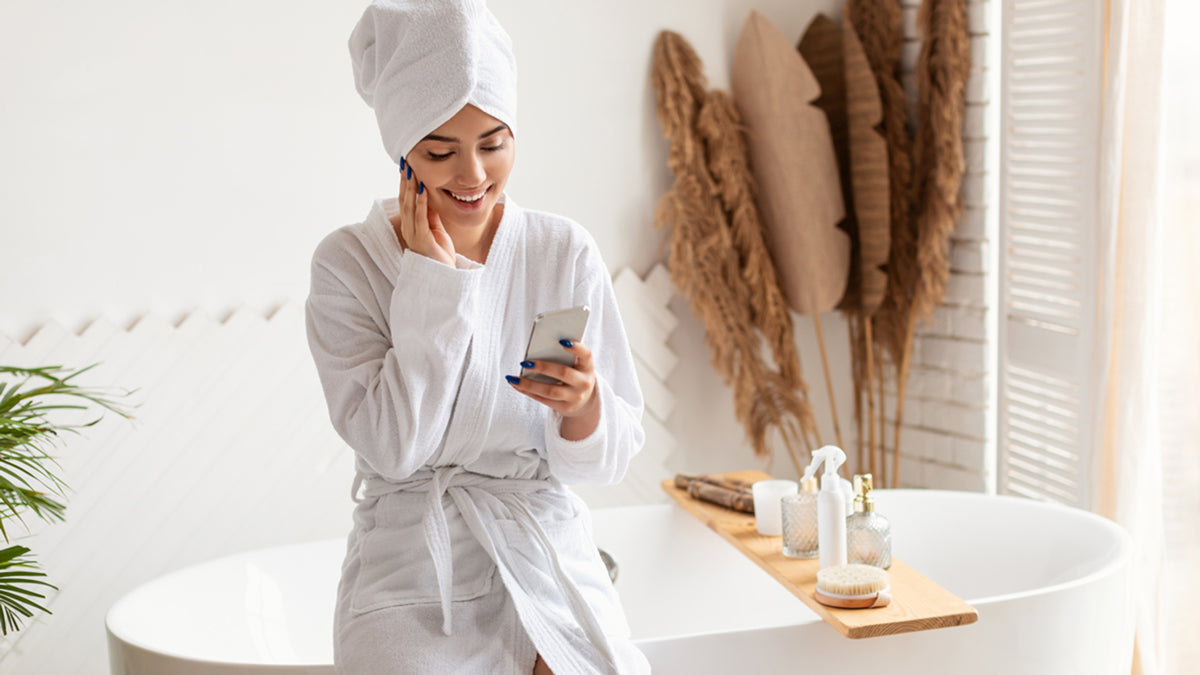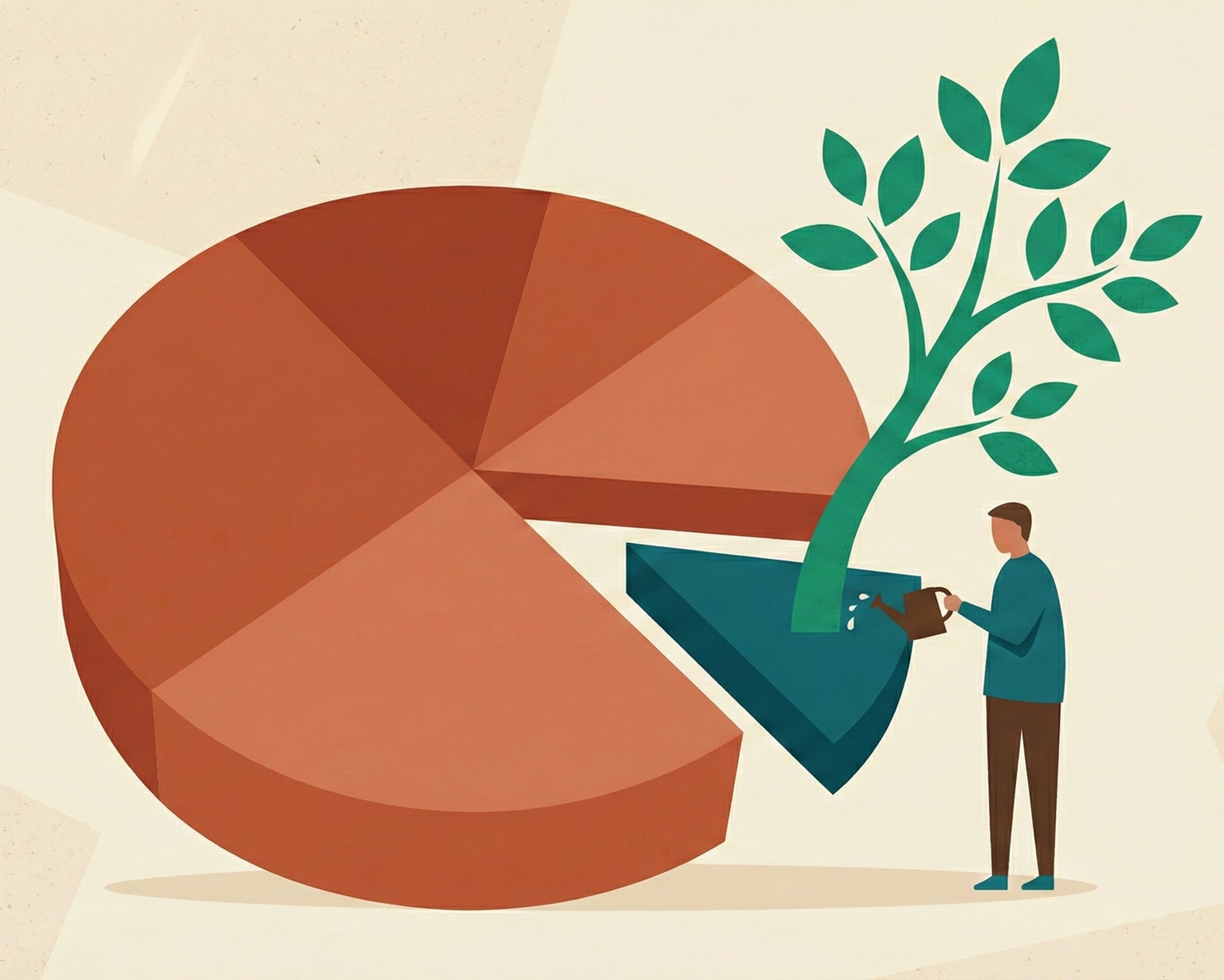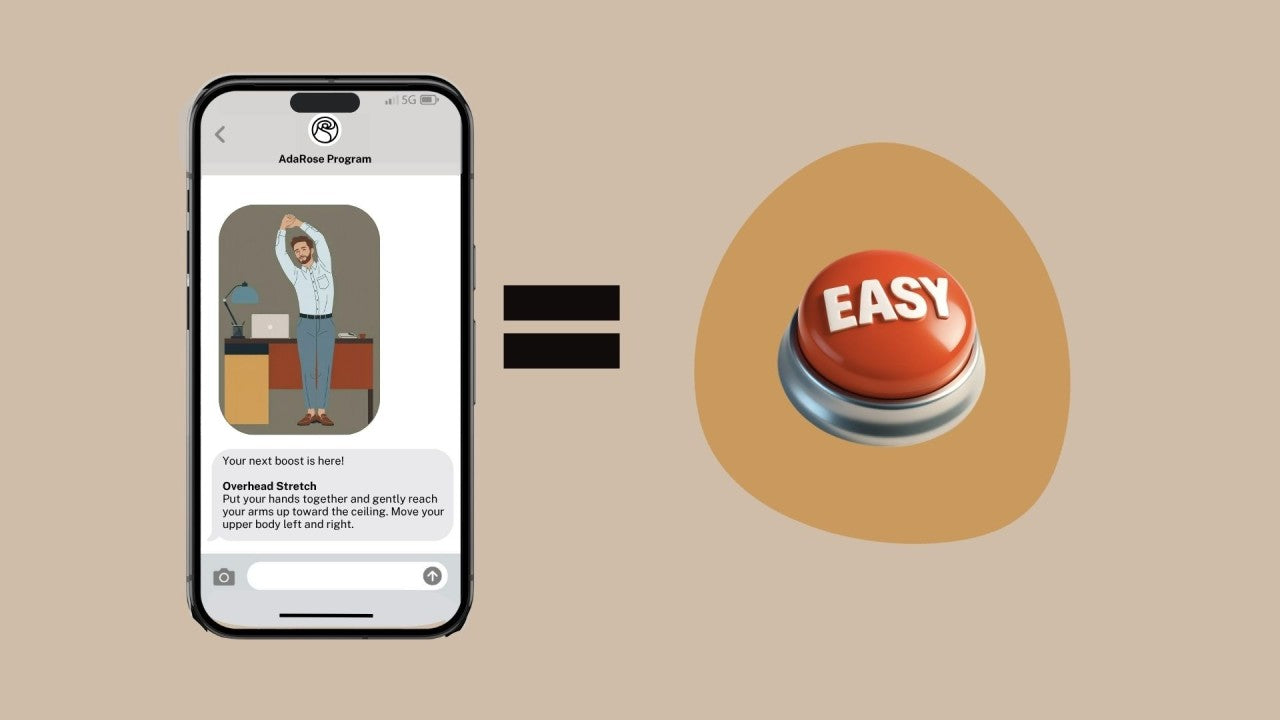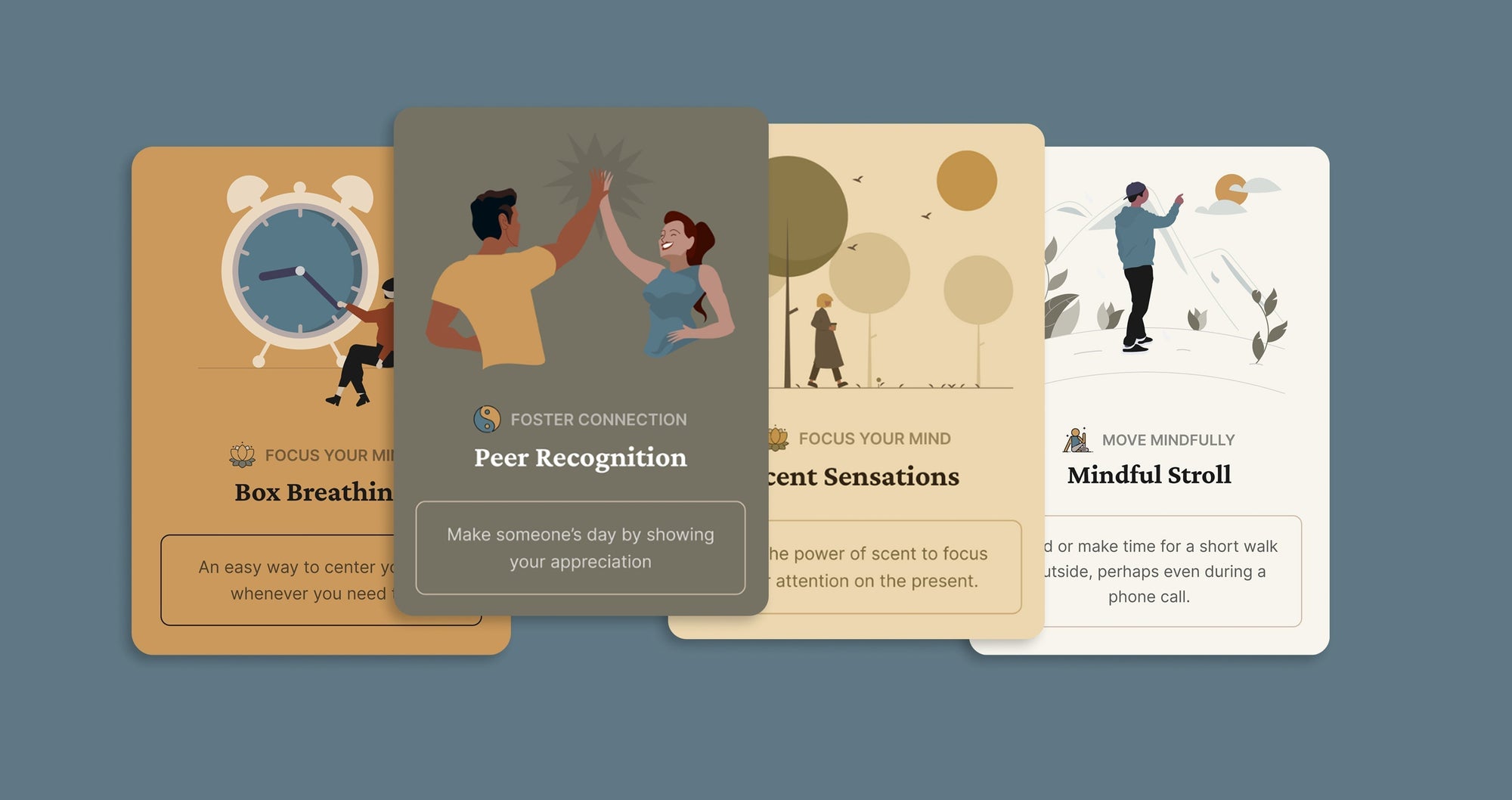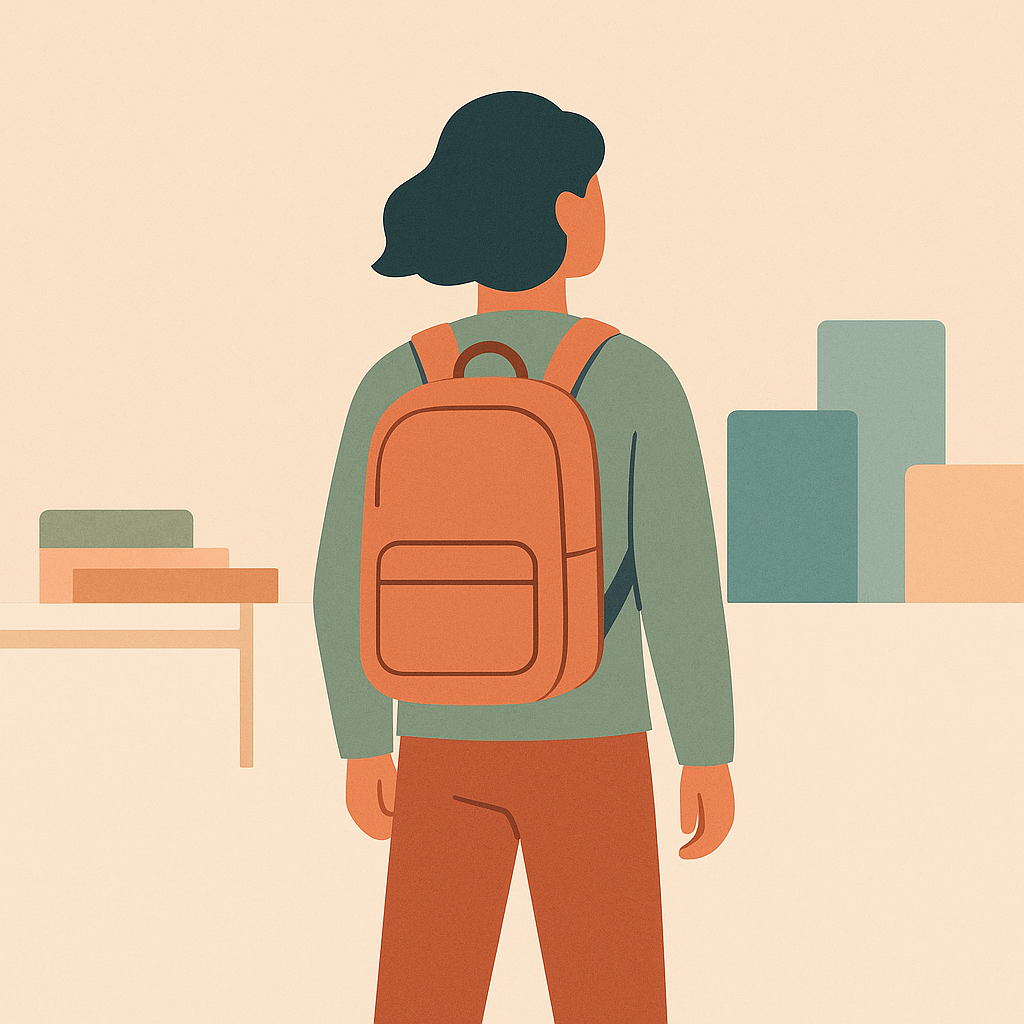As a Mom and the “Chief Health Officer'' for my family, one of the hardest tasks is triage: figuring out when to see a doctor, merely watch and wait, or just ignore a potential health threat.
I have two daughters who tend toward the dramatic, so my challenge is often reassuring them that some symptom isn’t a big deal. But with skincare, I never want to miss something important, like lymes disease, which, by the way, I did catch early in one of my girls by recognizing the bullseye ring on her skin.
It’s also important to remind other women especially not to skimp on self-care merely because the effort of checking something suspicious, like a new or changing spot on your skin, feels like another overwhelming addition to your to-do list. Thankfully, technology can help.
Is Dr. Google accurate?
It depends. When people talk about “Dr. Google,” they usually mean using the Internet to research health information. And collectively we type more than a billion health searches per day into the Google search engine.
But Dr. Google is taking on a new dimension since Google (the company) is increasingly moving into the traditional healthcare industry. The latest example is Google's announcement this week that it has developed an AI-powered (using artificial intelligence) skin scan app. According to Google, its dermatology app, which isn’t yet publicly available, accurately identifies skin problems among its top three suggested conditions 84% of the time.
There’s a lot of debate about whether health searching by regular people (as opposed to health professionals) is a good thing or not. With a few caveats (check for reputable sources, don’t freak out about every possible diagnosis, collaborate with your healthcare providers), my view is that access to more health information by more people is a great thing.
How do you self check for skin cancer?
One of the biggest skin concerns is how to detect skin cancer, the most common cancer in the US and the world. More than 1 in 5 Americans develops skin cancer by the age of 70. When it's detected early, though, the 5-year survival rate for melanoma is 99%.
The American Cancer Society has some clear guidance about how to do a full body scan of your skin, which can help you catch skin changes that may be a problem, even before you consider using an app. This kind of exam on a regular basis can help you catch issues you’d otherwise miss.
When it’s available, with Google’s just-unveiled app you’ll take pictures of your skin condition from three different angles with your smartphone and upload them. Google will draw on its familiarity with 288 skin conditions to suggest which most resembles yours.
How can technology help me get skincare today?
Google is by no means the first or only company to provide digital tools for skincare. There are numerous existing tools and smartphone apps for assessing signs of skin cancer, diagnosing other skin problems, providing teledermatology care at a distance, and generally improving skin care for health and cosmetic reasons.
Though resources like apps and online information can cut costs, time, and worry, it’s important to use them as tools but not as a substitute for professional care. Input from an app can give you general pointers and help you decide whether to “escalate” your concern or not.
Here are some tools that provide information and/or direct access to dermatologists:
iDoc24: A global service that provides information and also direct access to physicians.
First Derm Online Dermatology: An app that gives you an assessment of your condition with the help of a dermatologist for a fixed rate ($29). (iOS only).
ZocDoc Dermatologists: ZocDoc is a service that lets you find doctors and schedule in-person visits with doctors including dermatologists in your geographic area. I’ve personally used this service while traveling (in my case I needed to see an eye doctor while at a conference in Vegas—I was able to find one and get there within a few hours).
Prevention is the best medicine
While a skin scan app and other smartphone apps and tools can help you triage and manage skin and other health issues when they come up, as a mother I can’t end this post without a reminder that prevention really is the best cure.
I constantly remind my daughters to wash their faces before bed, try to eat better, listen to your body and, my favorite when it comes to skin, wear sunscreen. Are you familiar with the 1990s song by Baz Luhrmann that was based on an essay by Pulitzer Prize-winning journalist Mary Schmich? Here’s the most important part…


